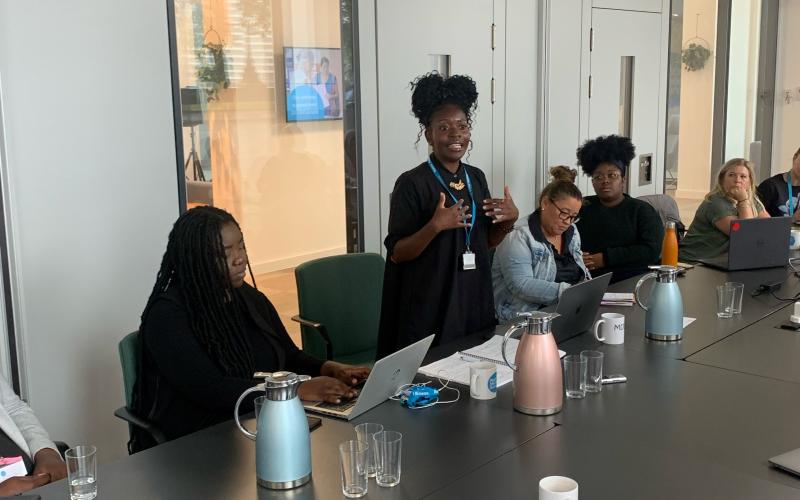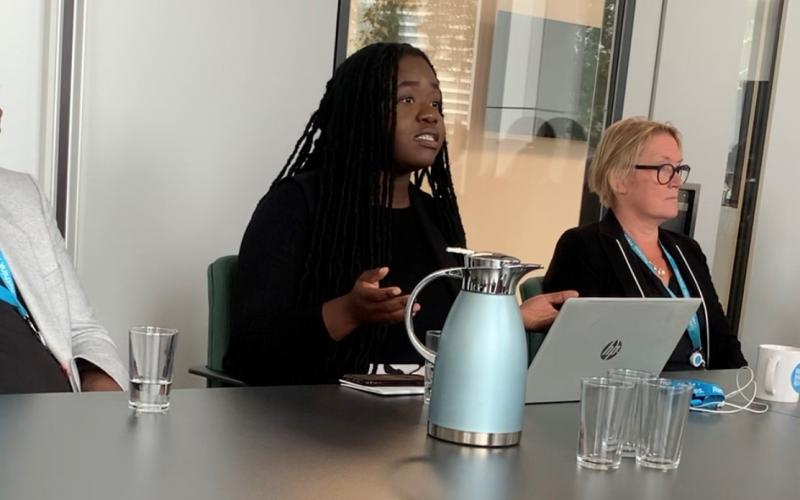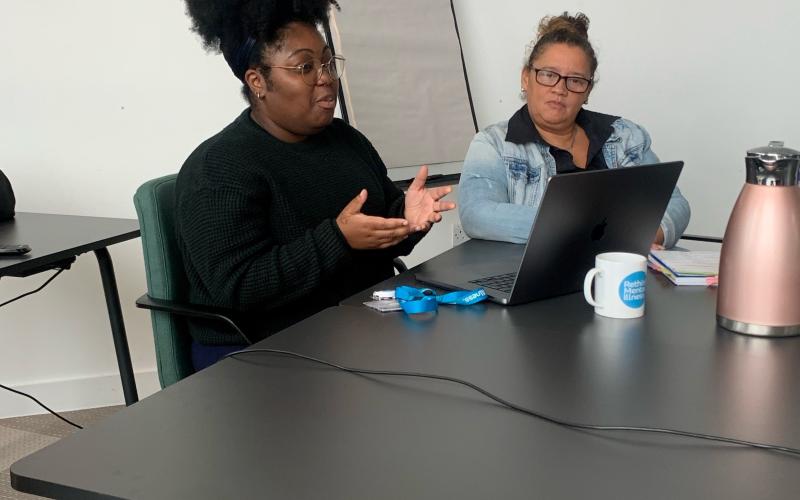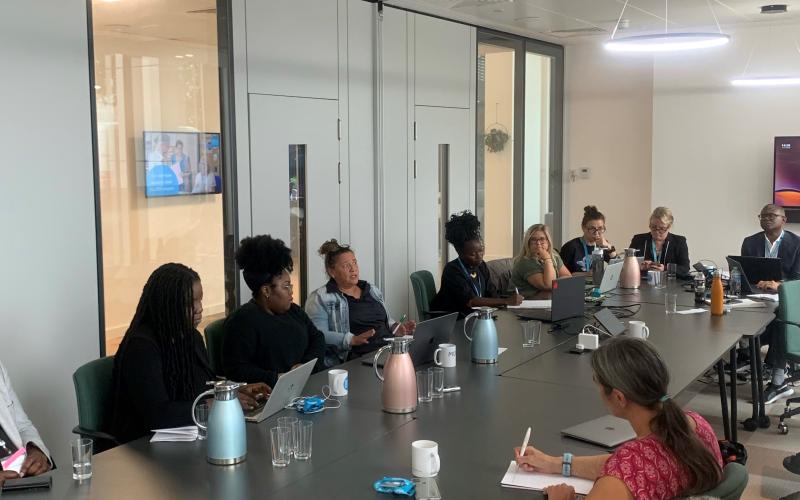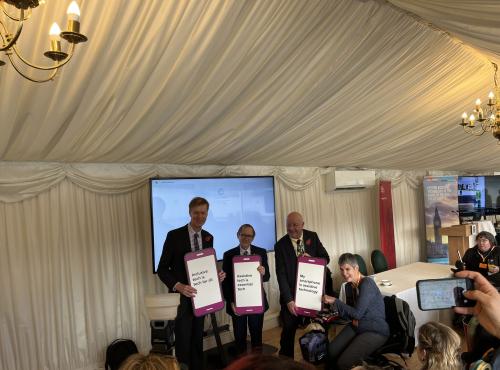ImprovE-ACT: Improving Black Men's experiences under the Mental Health Act
Manchester Metropolitan University, alongside Policy Connect, held a roundtable discussion on 20 September to highlight the emerging findings and themes of their National Institute for Health and Care Research (NIHR) funded project, which seeks to reform the Mental Health Act. The project formally known as ImprovE-ACT seeks to address the experiences of Black Afro Caribbean Men detained under the Act.
The session began with an introduction by the chair, Policy Connect's Policy Manager for Health Jasmin Adebisi, who shared an overview and outline of the project's background and how far it has come. This was followed by Professor Joy Duxbury (Principal Investigator), who provided the initial overview of the project findings and its policy implications.
The presentation followed on with the lived experienced co-investigators and healthcare professionals describing their real-life experiences under the Mental Health Act and emphasising that the lived experience voice needs to be at the forefront of policy reform. The session ended with contributions from all experts with lived experience, policymakers, and healthcare professionals, providing recommendations and comments on the research and highlighting what is required for the Mental Health Act to be reformed.
Speakers included:
- Professor Joy Duxbury - Professor of Mental Health, Manchester Metropolitan University
- Caroline Leah, Abiola Brodrick, Debbie Best - Research Co-Investigators, Manchester Metropolitan University
- Lived Experience Co-Investigators
-
Nisa Chisipochinyi - Head of Equity and Racial Justice, Rethink Mental Illness
-
Peter Alleyne - Director of Equity, Inclusion and Involvement, Rethink Mental Illness
Some of the key takeaways included:
- Health care professionals should ensure care is culturally adapted and individualised to fit the patient – allowing for assessments and care planning to be inclusive from the point of view of Black African Caribbean men. This includes the use of language of carers which is often oppressive, coercive, and difficult to understand.
- Pathways to care before detention are ‘hidden’ to Black African Caribbean men. There is often a notion that Black men are a group which is harder to reach - however, it is the services that are less accessible to Black men. Therefore, there is a need to ensure that there is further funding for safe spaces that can be accessed by Black men. Alongside working with Black communities and faith groups.
- Post discharge follow up is procedural not trauma informed. Ensuring patients are thoroughly supported and asked about their care needs including support from families.
- There is need for a review into the one-off mental health assessments and to consider these to be conducted at multiple stages rather than only at the beginning.
- The session also highlighted that the current workforce pressures on NHS staff has a great effect on mental health care - this needs to be addressed for changes to be effective.
Policy Connect will be holding a parliamentary symposium to share its policy recommendations with parliamentarians and a wider audience of expert stakeholders this autumn.
To find out more about the upcoming event or for further information on the ImprovE-ACT project, please email: Jasmin.adebisi [at] policyconnect.org.uk.
This study/project is funded by the NIHR [PRP (26-02-02) Improving patient experiences and outcomes under the Mental Health Act. Ref 201715]. The views expressed are those of the author(s) and not necessarily those of the NIHR or the Department of Health and Social Care.
